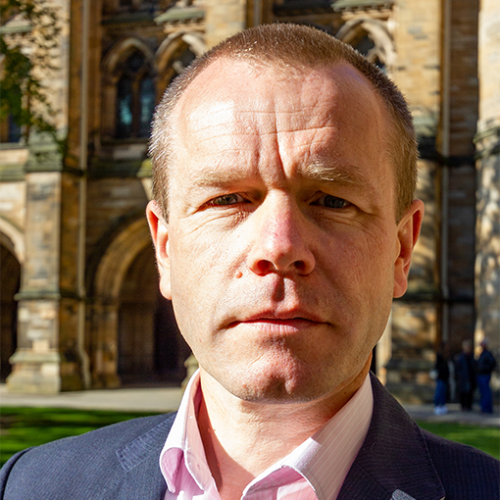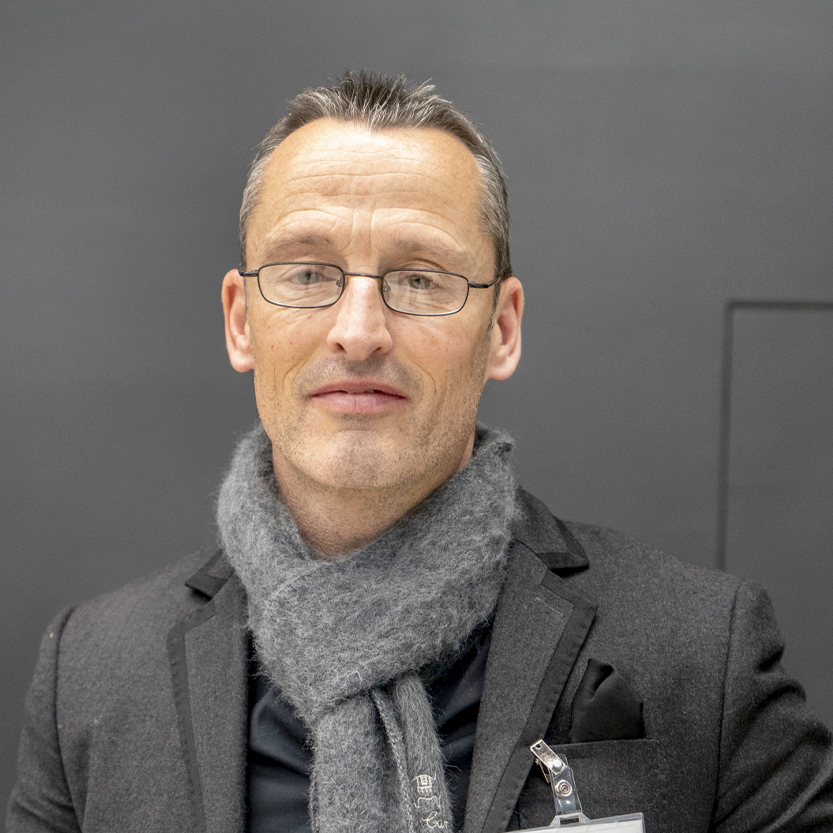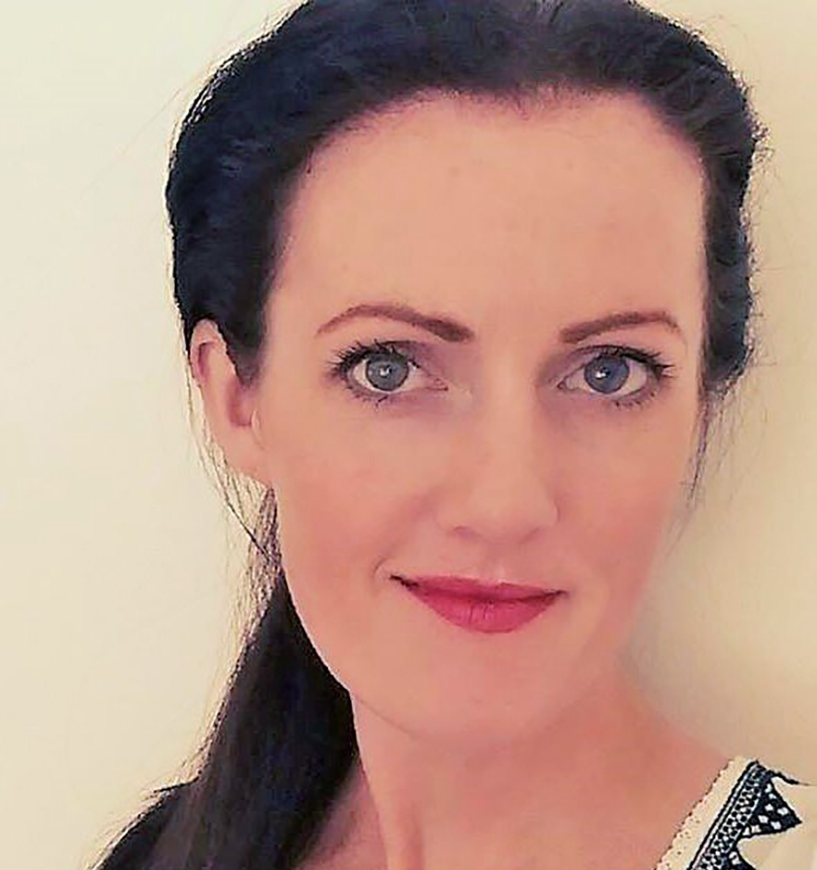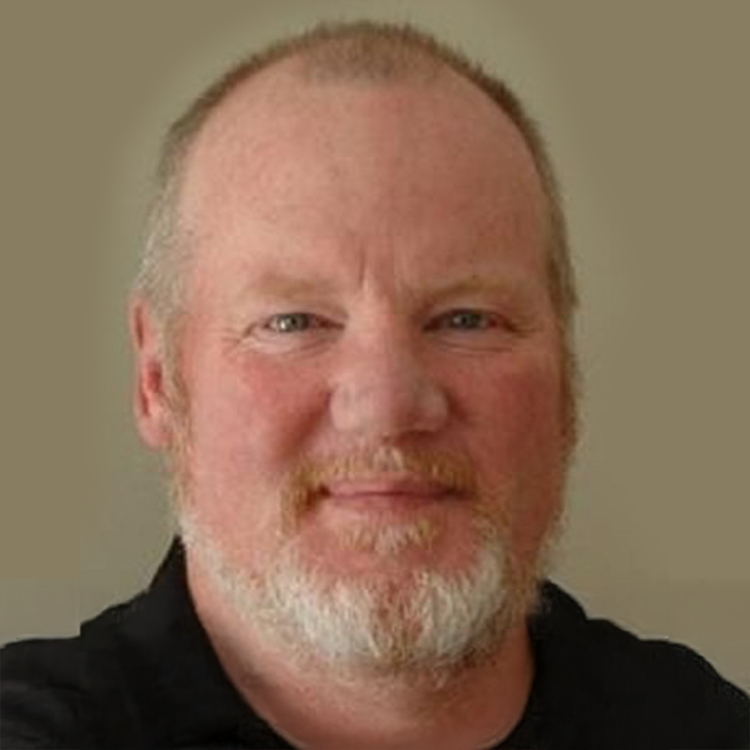
Professor Willie Stewart
He leads an internationally recognised research laboratory investigating the pathologies of Traumatic Brain Injury (TBI), focusing on both acute impacts and long-term outcomes. Utilising the Glasgow TBI Archive, his research explores the complex neuropathology of brain injuries, particularly their links to neurodegenerative diseases.
In addition, Professor Stewart directs the groundbreaking FIELD study, which examine lifelong health and dementia risks in former footballers and rugby players. His pivotal 2019 study revealed that professional footballers are 3.5 times more likely to develop dementia than the general population.
He also leads the PREVENT dementia sports studies, including the FA and FIFA funded study BrainHOPE, which seek to better understand dementia risk in former footballers and rugby players and identify ways to mitigate these risks.
Over the years Prof Stewart’s work has significantly influenced global sports policies and raised awareness about the long-term health risks of head impacts.
Professor Damian Bailey
Following postdoctoral training at the Universities of California San Diego, Colorado Health Sciences Center and Heidelberg, he returned to his Welsh roots and is now based at the University of South Wales as the Royal Society Wolfson Professor of Physiology and Director of the Neurovascular Research Laboratory.
His research programme is committed to understanding how free radicals impact the human brain and why improving blood flow and oxygen delivery protect against stroke and neurogeneration. He takes advantage of unique experimental models spanning concussion, high-altitude mountaineering, freediving, skydiving, spaceflight and (the first) isolated extracorporeal pulsatile-perfusion system to better understand what causes premature brain ageing. He pioneered the direct detection of free radicals across the human brain, providing unique insight into the mechanisms underlying the ‘physics-iology’ of cerebral oxygen ‘sensing’.
Damian has published over 400 manuscripts that have attracted in excess of 13,000 citations (PubMed and Google Scholar for all publications). His contributions to clinical neuroscience have been recognised with prestigious awards and fellowships from the Wellcome Trust, Royal Society, Royal Society of Chemistry, American College of Sports Medicine and The Physiological Society.
He works closely with the media and has featured in a number of documentaries (BBC including Horizon Specials, ITV, Channels 4 and 5, Sky). He is currently Editor-in-Chief of Experimental Physiology, Chair of the Life Sciences Working Group, member of the Human Spaceflight and Exploration Science Advisory Committee to the European Space Agency and member of the Space Exploration Advisory Committee to the UK and Swedish National Space Agencies. Damian is affiliated to Bexorg, Inc. (USA) focused on the technological development of novel biomarkers of cerebral bioenergetic function in humans.
His team’s research into concussion has received a number of scientific awards at international conferences, impacting policy and practice. Damian is a member of the UK Research and Innovation governmental expert research forum (c/o The Department for Digital, Culture, Media & Sport and Medical Research Council) that provided the first UK-wide Concussion Guidance and set the first UK-wide Priorities for Research to better understand the risks, consequences, prevention and treatment of injuries relating to head impacts in collision sports.


Karen Hind PhD
Karen Hind PhD is Senior Director of Clinical Affairs, Research and Innovation (CARI) in a medical imaging company, having transitioned from academia to an industry role in 2022.
Karen was previously an Assistant Professor in Sport and Exercise Sciences and Fellow of the Wolfson Research Institute for Health and Wellbeing at Durham University, she was also Visiting Fellow at the Institute of Cellular Medicine, Newcastle University, an Adjunct Fellow in the Faculty of Medicine, Trinity College Dublin and Chair of the International Society of Clinical Densitometry UK-Ireland Panel. Following a Doctoral Fellowship with the School of Medicine at the University of Leeds, Karen was awarded her PhD in 2005.
She has experience and expertise in leadership in research, ethical principles and conduct, and research integrity. She led the first independent study into the health of retired UK-based rugby players and has since been a strong advocate for improved concussion detection and management, and for the care and support of players in retirement.
Her previous research includes The UK Rugby Health Project and written evidence to the UK Parliament as part of the Global Rugby Health Research Network.
Doug King, BN, PhD
Doug has three PhD’s (Injury epidemiology, Head impact biomechanics and concussion and Women’s rugby injuries) and is active in other sporting fields as well in the head injury perspective. He has been reported to be in the top 1% of researchers worldwide for football codes injury and concussion research.
His Research Institute, Centre & Group memberships include: Adjunct Research Fellow School of Science & Technology of the University of New England, Australia; Honorary Fellow of the Wolfson Research Institute for Health and Wellbeing at Durham University, Member & Research Associate of the Sports Performance Research Institute New Zealand (SPRINZ), Co-Leader of the SPRINZ Rugby Codes Interdisciplinary Research Group, Member of the Traumatic Brain Injury Network and Member of the ACC Concussion Clinical Expert Group.


Professor Michael Buckland
Professor Michael Buckland is a Senior Staff Specialist and Head of the Department of Neuropathology at Royal Prince Alfred Hospital in Sydney. He is also a Clinical Associate Professor at the University of Sydney and runs the Molecular Neuropathology research laboratory based at the Brain and Mind Centre.
He is active in undergraduate and postgraduate teaching at the University of Sydney, Royal Prince Alfred Hospital and the Royal College of Pathologists of Australasia. He is also co-Director of the Multiple Sclerosis Research Australia Brain Bank. His main research interests include the molecular and cellular biology of adult primary brain tumours, and with immunological and degenerative diseases of the human central nervous system.
His medical training was at the University of Sydney, St. Vincent’s Hospital, Royal North Shore Hospital and RPA. His doctoral and postdoctoral research training was at the Garvan Institute of Medical Research, the University of New South Wales, and the Victor Chang the Cardiac Research Institute.